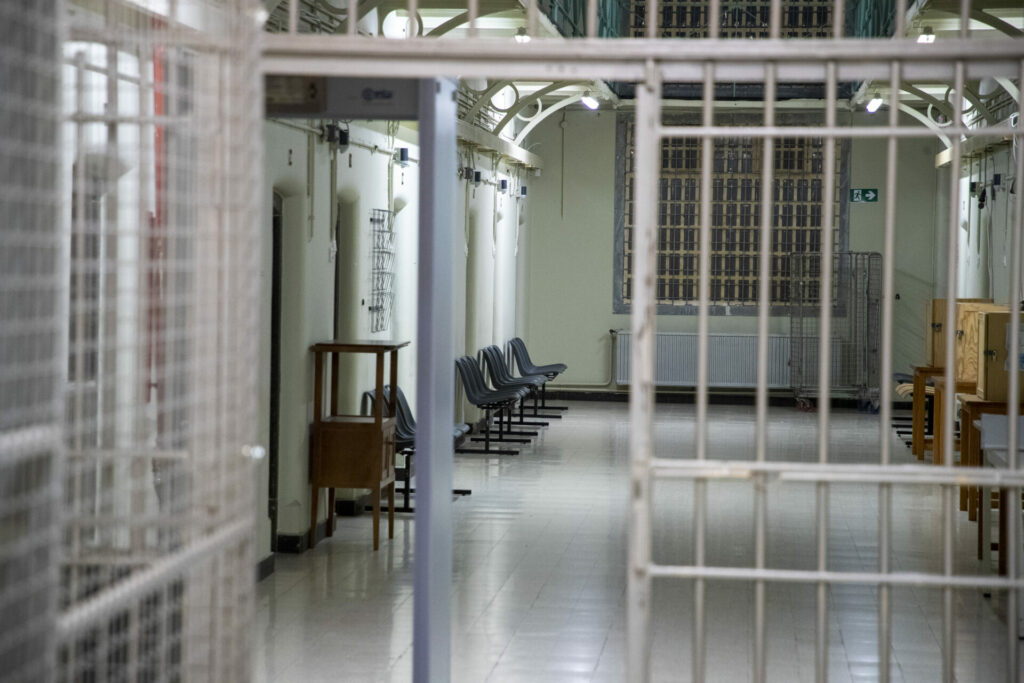Despite increased capacity in Belgian prisons, almost 700 inmates have been granted extended penitentiary leave. These prisoners, all nearing the end of their sentence, have been released early to ease prison overcrowding.
Belgium's prisons have been ranked among the most overcrowded in Europe for several years. The number of people detained in Belgian prisons surpassed 12,000 at the start of this year, a new record in a system that only had capacity for 10,700 at the time. Since then, the number of inmates has further increased.
A total of 12,809 inmates were in Belgian prisons as of Monday 25 November, while the current capacity is 11,020. An internal study by the Prison Service, which Belga News Agency reviewed, stated that overcrowding had reached a "historic high", leading to 198 inmates being forced to sleep on the floor.
The Justice Department introduced extended penitentiary leave in early March to ease overcrowding. The system allows for the early release of inmates under certain conditions. These include being within six months of their sentence's end and having a valid residence permit. Inmates serving more than 15 years or those convicted of terrorism or sexual offences are not eligible.
Differences between prisons
An internal study showed that 696 people have already been released since March. Some released inmates alternate between a month in prison and a month at home.
This figure represents 5.15% of the national prison population, but there are significant differences between prisons. In Brussels, the average rate is highest at 8.73% of the total population. Flanders and Wallonia follow with 4.50% and 4.66%, respectively. Saint-Gilles prison has the highest rate in Brussels (15.42%), followed by Hoogstraten (Antwerp province) with 10.29%.
Pre-trial detention centres in Kortrijk in West Flanders and Forest in Brussels have the highest rates at 24.71% and 32.47%, respectively, as only short-term inmates qualify for placement in these facilities.
Unions have argued that early release is not a sustainable solution, as these inmates still require supervision from psycho-social services. They also claimed that the alternating month system increases administrative workload.
Prison staff in Brussels and Flanders have said they will go on strike for two days in December to express their frustration with ongoing overcrowding issue. Most staff at Haren and Saint-Gilles prisons in Brussels also went on strike earlier this week. Earlier this month, prisons were also closed to people receiving a jail sentence of fewer than five years.

